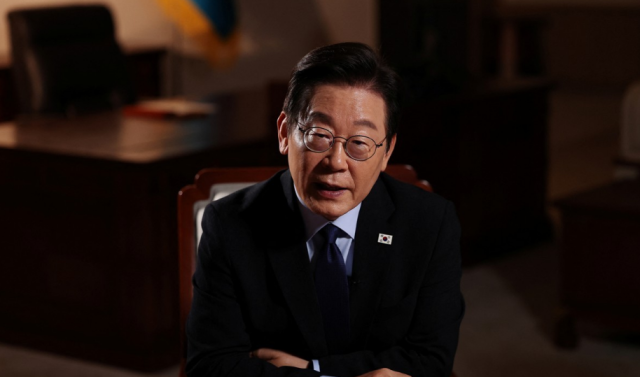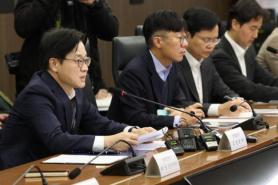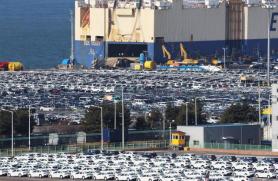
SEOUL, September 22 (AJP) - South Korea's President Lee Jae Myung said he is determined to resolve long-standing tariff and trade frictions with the United States as quickly as possible, framing the issue as central to the viability of South Korea’s massive investment push in the American economy.
In an interview with Reuters published Monday, Lee highlighted differences between Seoul and Washington over how to guarantee the commercial feasibility of a planned $350 billion investment package in the United States.
He said if South Korea offers $350 billion in cash and invest it in the way the U.S. demands, without a currency swap arrangement, South Korea could face a situation similar to the 1997 financial crisis.
The remarks come as the two allies continue to spar over tariffs, subsidies and trade rules linked to semiconductor, battery and electric vehicle supply chains.
Washington has pressed Seoul to align with U.S. industrial policies, such as the Inflation Reduction Act, while South Korean officials have pushed back against measures they say disadvantage Korean automakers and chipmakers in the U.S. market.
South Korea has already sought exemptions from certain U.S. tariffs, arguing that the existing framework undermines the economic rationale for its investment commitments. The two governments agreed in principle that joint projects must be commercially viable, but negotiators have struggled to bridge differences over how to codify such guarantees.
President Lee said the core task now is to reach a concrete agreement that guarantees commercial rationality. This remains the biggest stumbling block, as proposals raised in working-level talks so far have failed to ensure commercial feasibility, Lee said.
He drew comparisons with Japan’s agreements with the United States, emphasizing that Seoul faces a different set of financial constraints, including a smaller foreign reserve buffer.
Asked whether talks could extend into 2026, Lee said, “We need to end this unstable situation as quickly as possible.”
When pressed on whether South Korea might walk away from negotiations, he demurred: “I believe that at the very least, an alliance bound in blood will be able to maintain a basic level of rationality.”
The dispute reflects a broader reordering of global trade, in which U.S. allies in Asia are being asked to deepen economic commitments in return for security guarantees.
For Seoul, which has tied its growth strategy to advanced manufacturing exports, the outcome of the tariff negotiations could shape its economic trajectory for decades.
Copyright ⓒ Aju Press All rights reserved.




